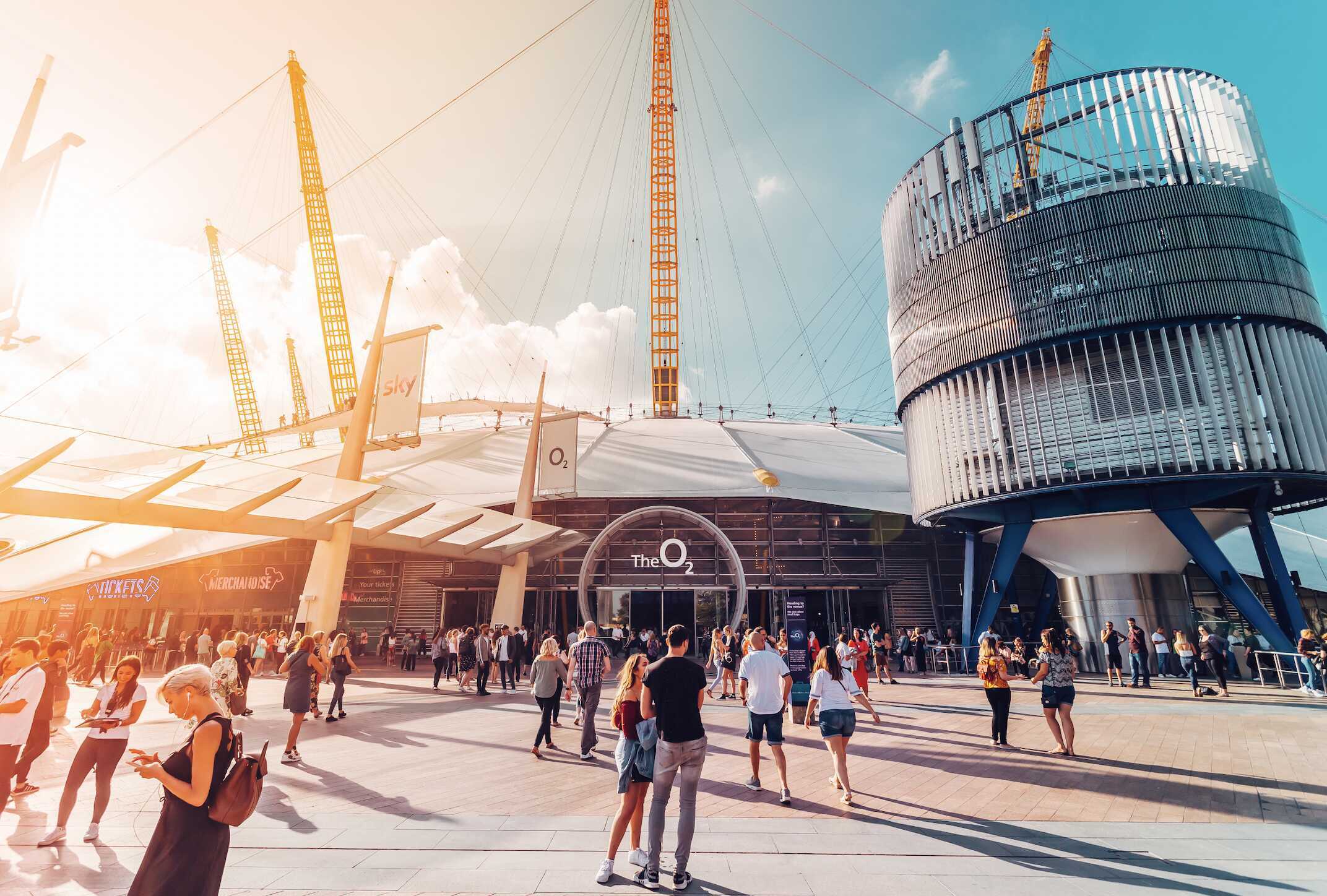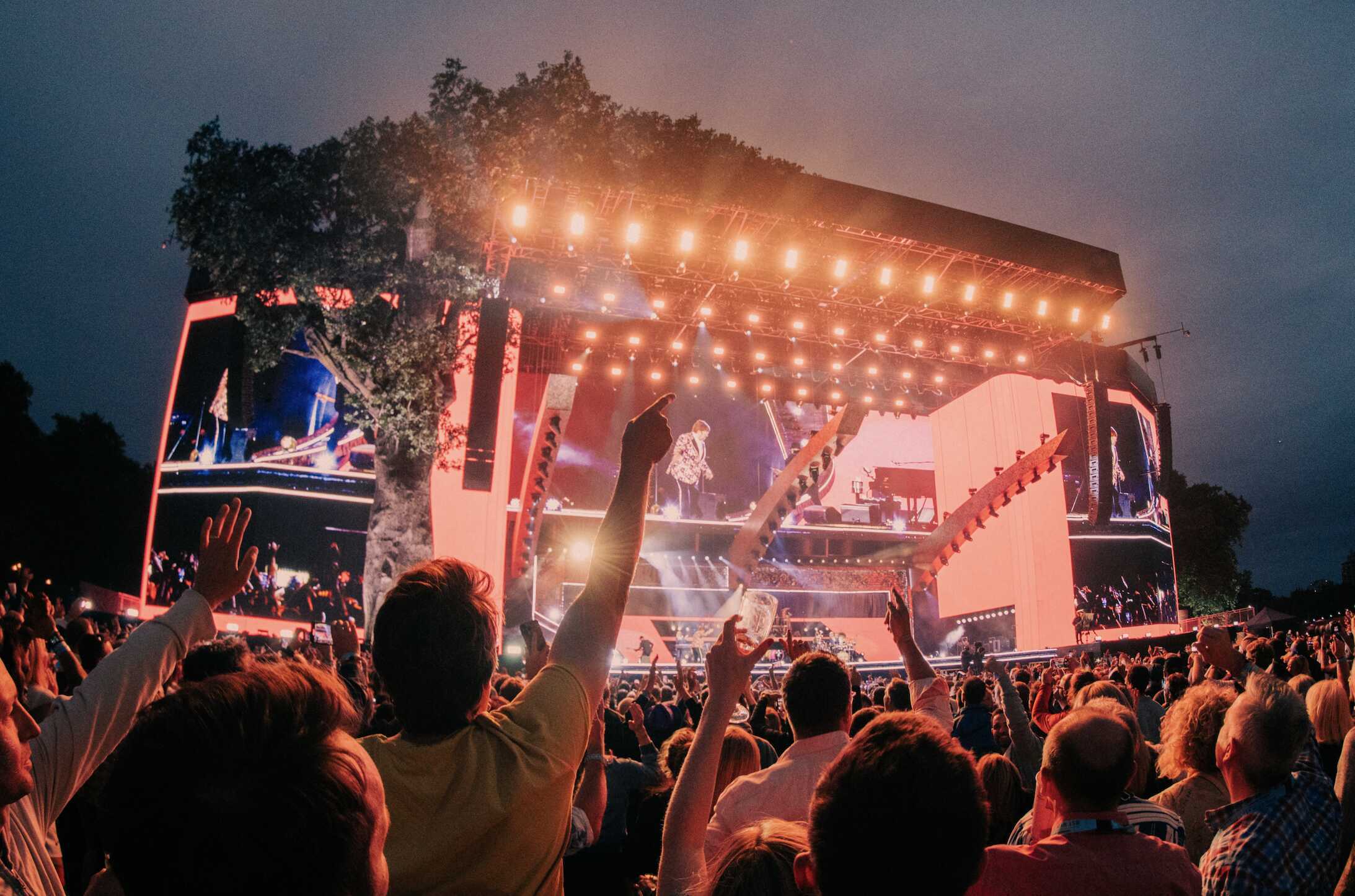Danielle Kennedy-Clark, vice president of guest experience at AEG Europe, tells Headliner about how the expectations of audiences at live events are evolving more rapidly than ever, how AEG is working to meet these demands, and what the future of the live events industry looks like at grassroots level…
For nearly two decades, Danielle Kennedy-Clark has not only witnessed first-hand the rapidly changing face of the live events industry as we know it first-hand, but taken a leading role in shaping it. Since joining AEG Europe 17 years ago, she has overseen something of a revolution in the realm of audience expectations at live events. From venues like the O2 Arena and events like the BRITs, British Summer Time at Hyde Park, and All Points East to name a mere few, she has not just led the charge on ensuring best possible experiences for customers once they have set foot on the site, but in virtually every moment of engagement the guest has with the event from the moment it is announced through to the minute they arrive home afterwards.
“In years gone by I think that, as an industry, we maybe didn't see how that whole journey, was so integral to making a good experience,” Kennedy-Clark considers as we join her in one of the meeting rooms at AEG Europe's plush London office. Generous with her time, she is warm and affable in conversation, happy to discuss an array of topics during the course of our conversation. “I think we just thought that if you put an artist on a stage, people will come, and they will enjoy themselves because of who they're watching.
“But what has really changed is the expectation of the guests now, and they are demanding so much more of the entire experience. So, from the minute they hit our website: is it slick? Is it smooth? Does it have the information that they need? Can they speak to somebody out of hours? Can they use a chatbot to do that? Is their ticket in the right place? Can they buy the ticket quickly? Do they have the right access? All of those things were probably there before in sections, but now it's much more of a seamless journey.”



